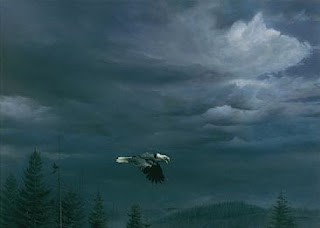
Mona Simpson's eulogy -- originally read during Jobs' memorial service on October 16 -- is a sister's celebration of a brother she knew only later in life, and a lament of losing a best friend. It weaves in words what she believed were the foundations of Jobs' genius: his humility and hard work, his love of learning and his family.
















































